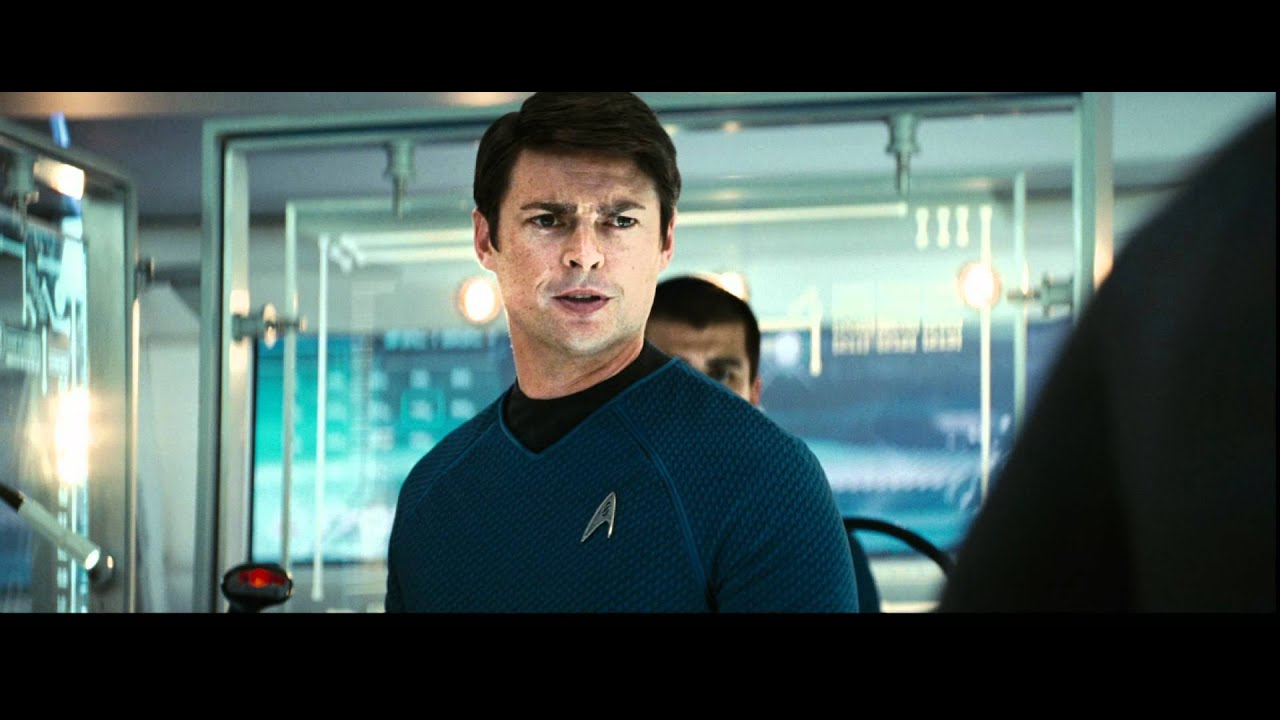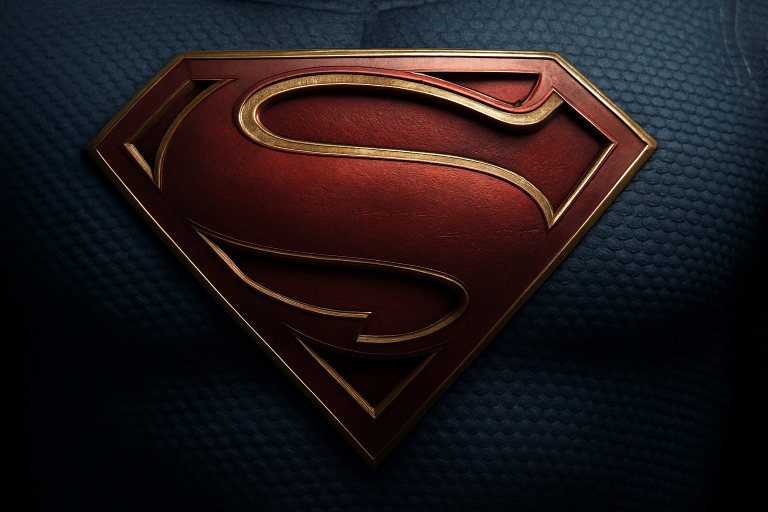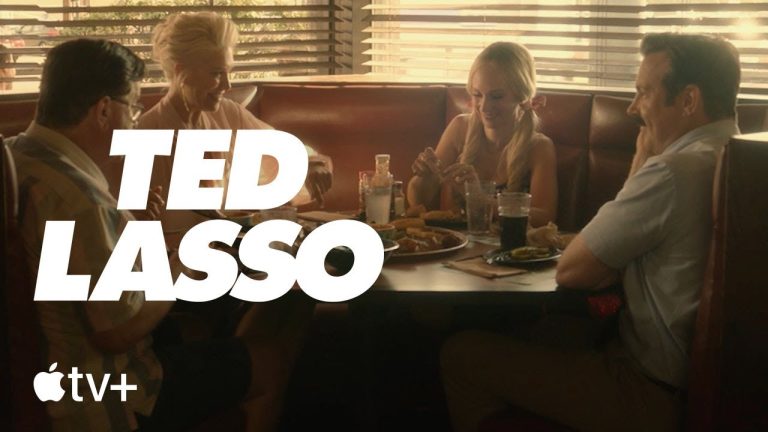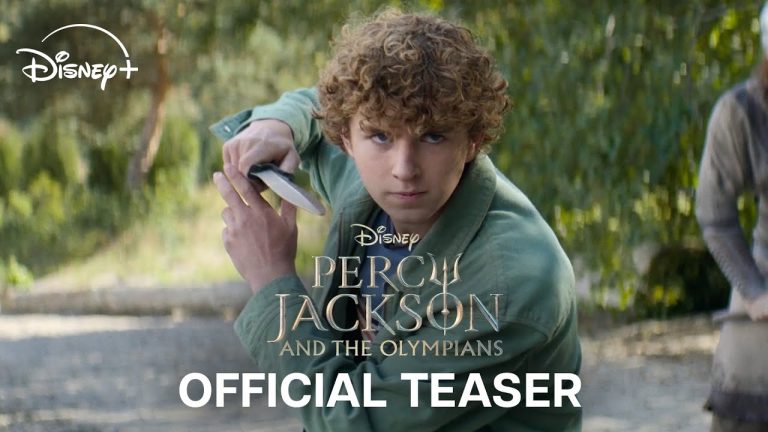Star Trek Turns 50: How a Canceled Show Became a Cultural Force

Half a century after its debut, Star Trek remains one of television’s most unlikely success stories, growing from a canceled NBC series into a global cultural and technological phenomenon.
When Gene Roddenberry first pitched Star Trek: The Original Series to NBC in the mid-1960s, the network saw it as a risky bet. Despite its bold vision of “Wagon Train to the stars,” the show struggled with ratings and was canceled after only three seasons. Yet, what seemed like failure in 1969 soon transformed into one of entertainment’s most enduring legacies.
The turning point came in the 1970s, when reruns in syndication drew a new wave of fans. Conventions and fan fiction flourished, giving birth to the “Trekkie” subculture. Their passion was so strong that a letter-writing campaign even helped secure the show’s third season, ensuring it would reach the 79-episode mark needed for syndication success.
Much of Star Trek’s power lay in its progressive storytelling. At a time when American television largely avoided social controversy, the series embraced a multicultural cast and told stories with underlying messages of peace, equality, and diplomacy. Nichelle Nichols’ portrayal of Lt. Uhura was groundbreaking, and her later work with NASA to recruit women and minorities carried the show’s ideals beyond the screen.
The technology imagined on the bridge of the Enterprise also proved prophetic. Star Trek’s communicators inspired the design of mobile phones, while its futuristic “tricorders” influenced real medical device research, including the Tricorder X Prize. Even NASA acknowledged the show’s influence by naming its first space shuttle prototype Enterprise.
The franchise has since grown into a multimedia empire, with six television series, 13 feature films, and a multibillion-dollar merchandise industry by the time of the 50th anniversary. New projects like Star Trek: Discovery demonstrated that Roddenberry’s vision was still relevant, adapting its themes to a new era while retaining the spirit of exploration.
This milestone in 2016 also carried deeper resonance. Commentators noted that Star Trek’s utopian future of unity and progress stood in sharp contrast to contemporary political and social divisions. Its enduring message—that humanity can overcome its differences and work together—felt more urgent than ever.
The 50th anniversary coverage also paid tribute to those who made the show iconic, including William Shatner as Captain Kirk and Leonard Nimoy as Mr. Spock. Nimoy’s death in 2015 added poignancy to the celebrations, reminding fans how deeply these characters had touched generations.
Half a century after “The Man Trap” first aired on September 8, 1966, Star Trek’s journey from low-rated TV show to global cultural force remains one of the most remarkable transformations in entertainment history. What began as an uncertain experiment now boldly goes where few franchises ever have: into the heart of popular culture itself.






